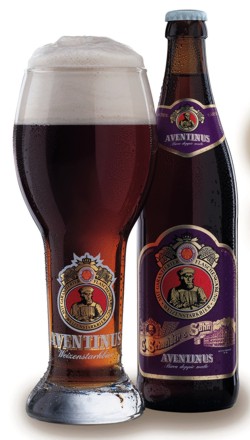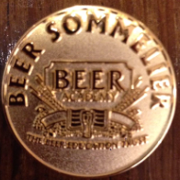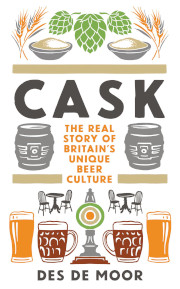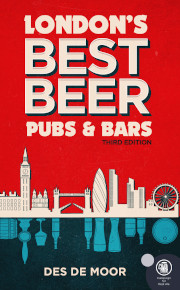Originally published in What’s Brewing November 2002
Origin: Kelheim, Bavaria, Germany
ABV: 8 per cent
Buy from specialist beer shops and mail order, occasionally supermarkets

Schneider Aventinus
The Schneider brewery, founded in 1872, is a relative newcomer by German standards. In 1927 the company acquired its present site, the former ducal brewery at Kelheim, north of Munich and on the edge of what is now the Altmühltal nature park. Wheat beer has been brewed continuously here since 1607, giving Schneider its current claim to be the oldest wheat beer brewery in Germany.
Schneider’s standard cloudy “Weisse” (white) is one of the most renowned examples of its kind. But the brewery also enjoys a cult reputation for this “Weizenbock”, the wheat equivalent of a barley wine. This potent brew is made from locally grown malted wheat and barley, with caramalt from Bamberg, and Hallertau and Hersbrücker hops – the famous Reinheitsgebot (purity law) forbids the use of unmalted wheat and spices, as in some other countries.
The label depicts Johannes Turmair (1477-1534), an early Bavarian humanist historian, known as Aventinus after the Latin name for his home town of Abensberg. His appearance is best explained by the fact that, when the beer was first produced in 1907, the brewery happened to be based in Munich’s Aventinstrasse (for more background see www.schneider-weisse.de).
The beer pours cloudy deep brown with an orange glow and a thick off-white head. The aroma is rich and malty with marked dried banana tones and spicy hints of cinnamon and cloves. At first the palate seems light and fruity, buoyed by the lively condition, but it rapidly reveals a dark malty depth, with smooth tarriness, liquorice toffee and spicy cinnamon hops way back in the throat, along with tangerine, figs, tobacco, coffee and a touch of wheaty phenol.
Herbal hops develop further in the lengthy finish with more spicy and fruity flavours on the tongue: banana, chocolate, roastiness and the estery bubblegum flavours often found in Bavarian wheat beer. The overall effect is sweetish and sometimes syrupy on the lips but so much is going on that it never becomes cloying.
The alcohol is evident too, of course: “Bavaria from its strongest side” claims the label, acknowledging the hefty gravity compared to standard wheat beers, but every degree is used to say something interesting. The usual German half-litre bottle seems too large at first for a monster like this (the 330ml bottles are rarely seen in Britain), but sip it over an hour or so and it’ll reward till the last dregs.
Try also: Kloster Andechs Doppelbock Dunkel, La Gauloise Brune (Belgium), Daleside Morocco Ale (UK), though Aventinus is really one of a kind.
Read more on ratebeer.com: http://www.ratebeer.com/beer/schneider-aventinus/2224/





Leave a Reply